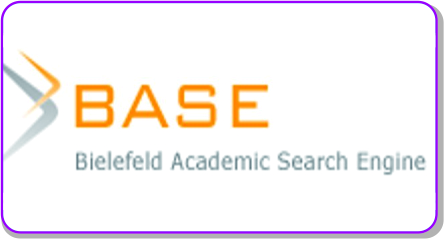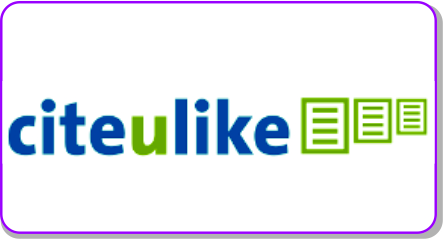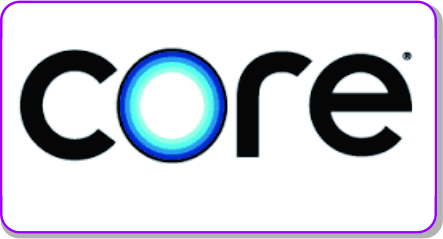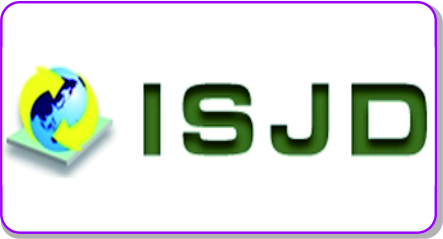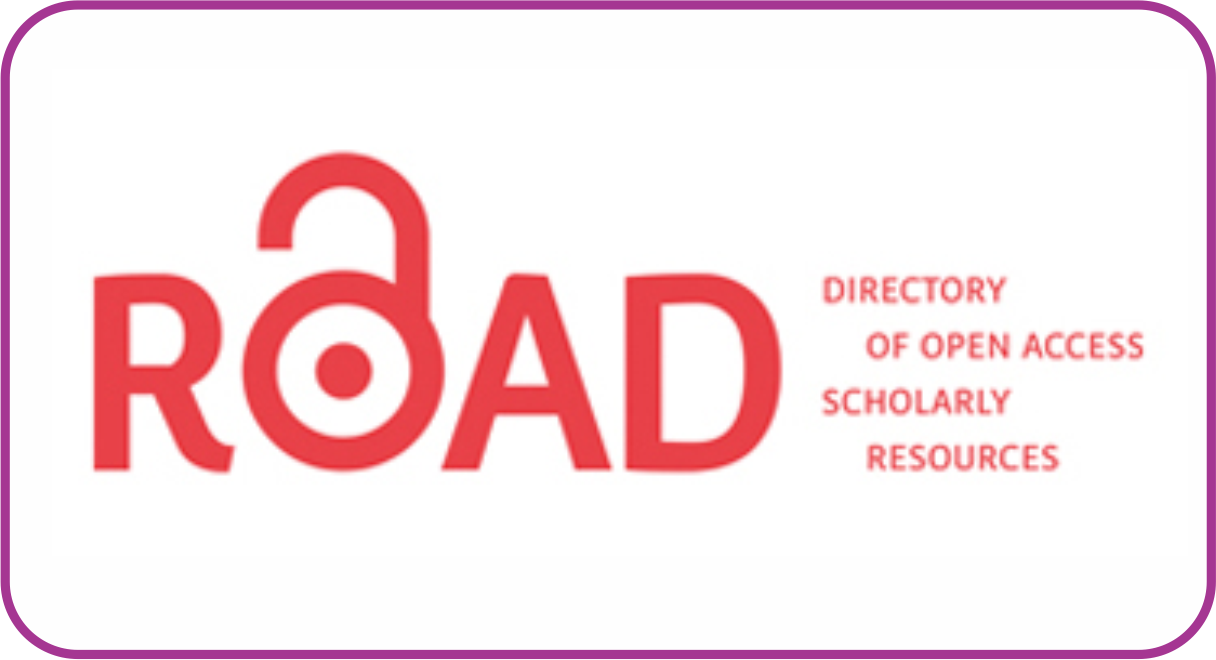Trends of Instructional Design Development: A Bibliometric Analysis
DOI:
https://doi.org/10.30983/educative.v8i2.6182Keywords:
Instructional Design, Bibliometric, Literature ReviewAbstract
Instructional design, as part of educational technology, is very useful in planning the desired direction of teaching and learning activities. Designers need to have a direction that can relate to the rapid development of the times. Researchers conducted a bibliometric study to review the current direction of instructional design development. This study is characterized by being analytical across time, as it is based on analyzing files in the time period (2013-2023) collected in Google Scholar database of 1000 articles. Then the article data obtained was analyzed to see what retention had developed. The results of the review show that there are various instructional design directions relevant to various constructs, such as (1) online learning, (2) blended learning/instruction, (3) project-based learning, (4) gamification, (5) instructional modules, (6) computer-assisted learning, and (7) simulation-based learning. These four results have signaled that the current paradigm is within the scope of e-learning. These results can be used as an illustration for educators and other designers to see the latest emerging instructional design trends.
Desain pembelajaran, sebagai bagian dari teknologi pendidikan, sangat berguna dalam merencanakan arah kegiatan belajar mengajar yang diinginkan. Desainer perlu memiliki arah yang dapat berhubungan dengan perkembangan zaman yang begitu cepat. Peneliti melakukan studi bibliometrik untuk meninjau arah pengembangan desain pembelajaran saat ini. Studi ini memiliki karakteristik analitis lintas waktu, karena didasarkan pada analisis file dalam periode waktu (2013-2023) yang dikumpulkan dalam basis data Google Scholar sebanyak 1000 artikel. Kemudian data artikel yang diperoleh dianalisis untuk melihat retensi yang telah berkembang. Hasil tinjauan menunjukkan bahwa terdapat berbagai arah desain pembelajaran yang direlevansikan dengan berbagai konstruk, seperti (1) online learning, (2) blended learning/instruction, (3) project-based learning, (4) gamifikasi, (5) modul pembelajaran, (6) pembelajaran berbantuan komputer dan (7) pembelajaran berbasis simulasi. Keempat hasil tersebut telah menandakan bahwa paradigma saat ini telah berada pada lingkup pembelajaran berbasis elektronik (e-learning). Hasil ini bisa dijadikan sebagai gambaran bagi pendidik maupun desainer lainnya dalam melihat tren desain pembelajaran terkini yang telah berkembang.
References
Books
Dick, Walter, Lou Carey, and James Carey, The Systematic Design of Instruction, 8th edition (Boston: Pearson, 2014)
Thaariq, Zahid Zufar At, Media Pembelajaran Abad 21, ed. by Dedi Kuswandi (Banyumas: Pena Persada, 2022)
Journals
Alromaih, Mona A., Sabah A. Elsayed, and Essa A. Alibraheim, ‘Study of Project-Based Learning to Improve the Instructional Design Process of Pre-Service Early Childhood Teachers’, International Journal of Information and Education Technology, 12.12 (2022)
Aslamiyah, Tsuwaybah Al, Punaji Setyosari, and Henry Praherdhiono, ‘Blended Learning Dan Kemandirian Belajar Mahasiswa Teknologi Pendidikan’, JKTP: Jurnal Kajian Teknologi Pendidikan, 2.2 (2019), 109–14 <https://doi.org/10.17977/um038v2i22019p109>
Bosch, Chantelle, Elsa Mentz, and Gerda Marie Reitsma, ‘Integrating Cooperative Learning into the Combined Blended Learning Design Model: Implications for Students’ Intrinsic Motivation’, International Journal of Mobile and Blended Learning (IJMBL), 11.1 (2019), 58–73 <https://doi.org/10.4018/IJMBL.2019010105>
Chaeruman, Uwes Anis, ‘Ruang Belajar Baru Dan Implikasi Terhadap Pembelajaran Di Era Tatanan Baru’, Kwangsan, 8.1 (2020), 142–53
Chaeruman, Uwes Anis, and Santi Maudiarti, ‘Quadrant of Blended Learning: A Proposed Conceptual Model for Designing Effective Blended Learning’, Jurnal Pembelajaran Inovatif, 1.1 (2018), 1–5
Göksu, Idris, Kursat Volkan Özcan, Recep Çakir, and Yuksel Göktas, ‘Content Analysis of Research Trends in Instructional Design Models: 1999-2014’, Journal of Learning Design, 10.2 (2017), 85–109
González-Fernández, Alberto, Francisco-Ignacio Revuelta-DomÃnguez, and MarÃa Rosa Fernández-Sánchez, ‘Models of Instructional Design in Gamification: A Systematic Review of the Literature’, Education Sciences, 12.1 (2022), 44 <https://doi.org/10.3390/educsci12010044>
Havemann, Leo, Elizabeth Charles, Sarah Sherman, Scott Rodgers, and Joana Barros, ‘A Multitude of Modes: Considering “Blended Learning†in Context’ (presented at the CDE RIDE conference 2019, London, 2019) <https://london.ac.uk/centre-distance-education/cde-activities/cde-events#ride-2019-conference> [accessed 22 February 2023]
Hod, Yotam, Kate Bielaczyc, and Dani Ben-Zvi, ‘Revisiting Learning Communities: Innovations in Theory and Practice’, Instructional Science, 46 (2018), 1–18 <https://doi.org/10.1007/s11251-018-9467-z>
Hung, Aaron Chia Yuan, ‘A Critique and Defense of Gamification.’, Journal of Interactive Online Learning, 15.1 (2017)
Jin, Tan, Yanfang Su, and Jun Lei, ‘Exploring the Blended Learning Design for Argumentative Writing’, Language Learning & Technology, 24.2 (2020), 23–24
Kaye, Thomas, and Melanie Ehren, ‘Computer-Assisted Instruction Tools: A Model to Guide Use in Low-and Middle-Income Countries.’, International Journal of Education and Development Using Information and Communication Technology, 17.1 (2021), 82–99
Kristanto, Vigih Hery, ‘Peningkatan Prestasi Belajar Matematika Melalui Penerapan Lesson Plan Berbasis Multiple Intelligence’, Al-Jabar : Jurnal Pendidikan Matematika, 8.1 (2017), 25–34 <https://doi.org/10.24042/ajpm.v8i1.598>
Kusuma, Arie Purwa, ‘Implementasi Model Pembelajaran Student Teams Achievement Division Dan Team Assisted Individualization Ditinjau Dari Kemampuan Spasial Siswa’, Al-Jabar : Jurnal Pendidikan Matematika, 8.2 (2017), 135–44 <https://doi.org/10.24042/ajpm.v8i2.1586>
Kuswandi, Dedi, Citra Kurniawan, Fikri Aulia, Agus Wedi, Hutkemri Zulnaidi, Muhammad Zidni Ilman Nafi’a, and others, ‘Visualizing Trend of 21st-Century Curriculum: A Bibliometric Analysis’ (presented at the 7th International Conference on Education and Technology (ICET 2021), Atlantis Press, 2021), pp. 38–44 <https://doi.org/10.2991/assehr.k.211126.033>
Kuswandi, Dedi, Ence Surahman, Zahid Zufar At Thaariq, and Mahmuda Muthmainnah, ‘K-Means Clustering of Student Perceptions on Project-Based Learning Model Application’, in 2018 4th International Conference on Education and Technology (ICET), 2018, pp. 9–12 <https://doi.org/10.1109/ICEAT.2018.8693932>
Lembo, Domenico, and Mario Vacca, ‘Project Based Learning + Agile Instructional Design = EXtreme Programming Based Instructional Design Methodology for Collaborative Teaching’, Department of Computer and System Sciences Antonio Ruberti Technical Reports, 4.8 (2012) <https://rosa.uniroma1.it/rosa00/index.php/dis_technical_reports/article/view/10089> [accessed 22 February 2023]
Lokey-Vega, Anissa, Jo Williamson, and Kimberly Bondeson, ‘A Lesson Structure and an Instructional Design Model for Project-Based Online Learning’, Journal of Online Learning Research, 4.3 (2018), 327–45
Lu, Owen H. T., Anna Y. Q. Huang, Jeff C.H. Huang, Albert J. Q. Lin, Hiroaki Ogata, and Stephen J. H. Yang, ‘Applying Learning Analytics for the Early Prediction of Students’ Academic Performance in Blended Learning’, Journal of Educational Technology & Society, 21.2 (2018), 220–32
Mamun, Md Abdullah Al, Gwendolyn Lawrie, and Tony Wright, ‘Instructional Design of Scaffolded Online Learning Modules for Self-Directed and Inquiry-Based Learning Environments’, Computers & Education, 144 (2020), 103695 <https://doi.org/10.1016/j.compedu.2019.103695>
Merrill, M. David, Leston Drake, Mark J. Lacy, Jean Pratt, and the ID₂ Research Group, ‘Reclaiming Instructional Design’, Educational Technology, 36.5 (1996), 5–7
Rahmawati, Rika, Fitria Lestari, and Rofiqul Umam, ‘Analysis of the Effectiveness of Learning in the Use of Learning Modules Against Student Learning Outcomes’, Desimal: Jurnal Matematika, 2.3 (2019), 233–40 <https://doi.org/10.24042/djm.v2i3.4557>
Reigeluth, Charles M., ‘What Is Instructional-Design Theory and How Is It Changing?’, in Instructional-Design Theories and Models: A New Paradigm of Instructional Theory (Routledge, 1999)
Soepriyanto, Yerry, Dedi Kuswandi, Citra Kurniawan, Rexy Willyam Delanur Hamudi, Akhmad Arifudin, and Nunung Nindigraha, Gamification Melalui Sipejar Sebagai Inovasi Pembelajaran Pemrograman Visual (Malang: Universitas Negeri Malang, 25 November 2021) <http://repository.um.ac.id/1507/> [accessed 22 February 2023]
Sweller, John, ‘Instructional Design’, in Encyclopedia of Evolutionary Psychological Science, ed. by Todd K. Shackelford and Viviana A. Weekes-Shackelford (Cham: Springer International Publishing, 2021), pp. 4159–63 <https://doi.org/10.1007/978-3-319-19650-3_2438>
Thaariq, Zahid Zufar At, and Rista Anggraini, ‘Pengejawantahan blended learning untuk mendukung kultur lingkungan belajar berbasis kehidupan pasca pandemi’, Jurnal Teori dan Praksis Pembelajaran IPS, 6.2 (2021), 103–16
Thaariq, Zahid Zufar At, and Agus Wedi, ‘Model Adaptive Blended Curriculum (ABC) Sebagai Inovasi Kurikulum Dalam Upaya Mendukung Pemerataan Pendidikan’, Jurnal Kiprah, 8.2 (2020), 91–104 <https://doi.org/10.31629/kiprah.v8i2.2002>
Yamani, Hanaa Abdulraheem, ‘A Conceptual Framework for Integrating Gamification in Elearning Systems Based on Instructional Design Model’, International Journal of Emerging Technologies in Learning (Online), 16.4 (2021), 14
Yulianto, Muhamad Fahmi Yulianto, ‘Pengembangan E-Modul Berbasis Flipbook Maker Muatan Matematika Materi Pecahan Dan Pengubahan Bentuk Pecahan Di Kelas 4 Sekolah Dasar / Muhamad Fahmi Yulianto’ (unpublished diploma, Universitas Negeri Malang, 2021) <http://repository.um.ac.id/192899/> [accessed 22 February 2023]
Downloads
Submitted
Accepted
Published
Issue
Section
License
Authors who publish with this journal agree to the following terms:
1. Authors retain copyright and grant the journal right of first publication with the work simultaneously licensed under a Creative Commons Attribution License that allows others to share the work with an acknowledgment of the work's authorship and initial publication in this journal.
2. Authors are able to enter into separate, additional contractual arrangements for the non-exclusive distribution of the journal's published version of the work (e.g., post it to an institutional repository or publish it in a book), with an acknowledgment of its initial publication in this journal.
3. Authors are permitted and encouraged to post their work online (e.g., in institutional repositories or on their website) prior to and during the submission process, as it can lead to productive exchanges, as well as earlier and greater citation of published work (See The Effect of Open Access).

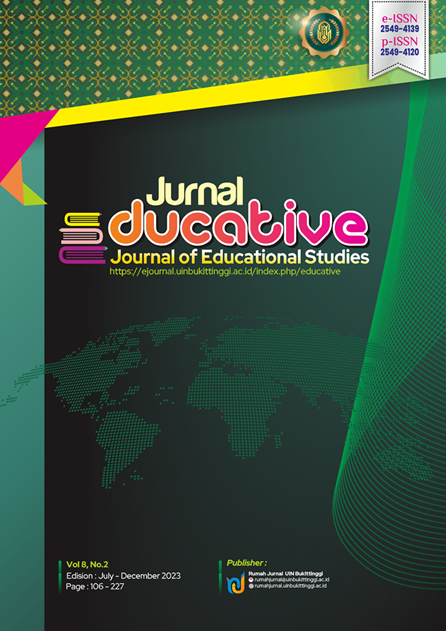



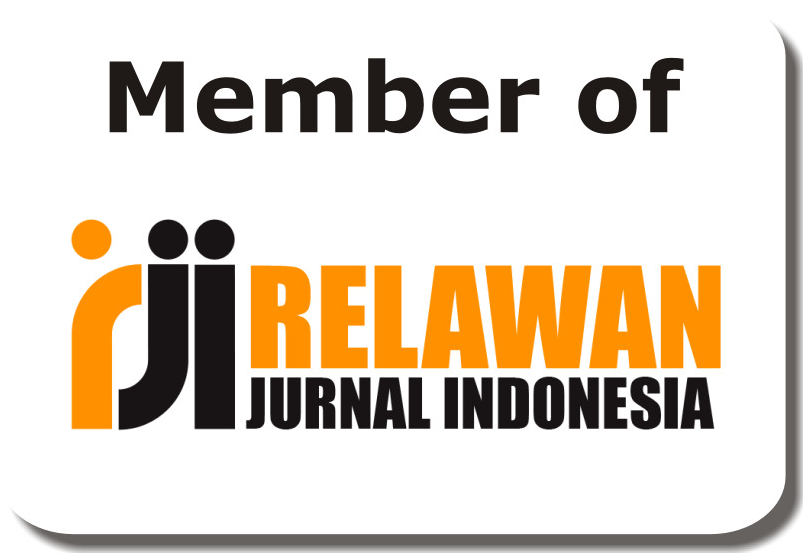


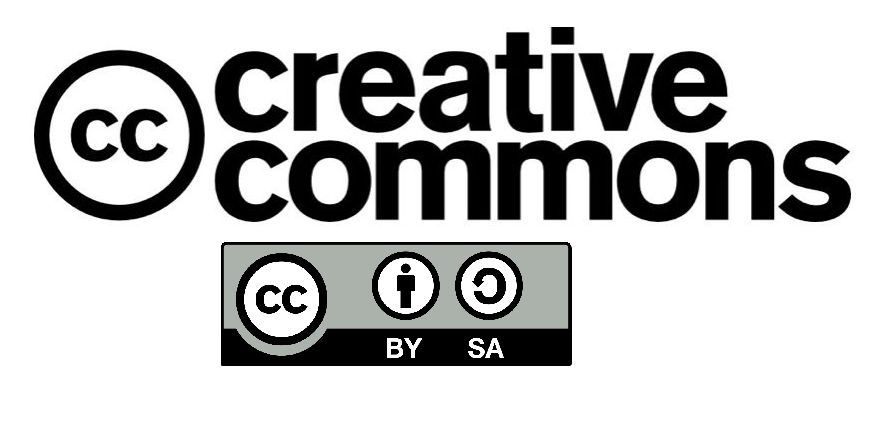


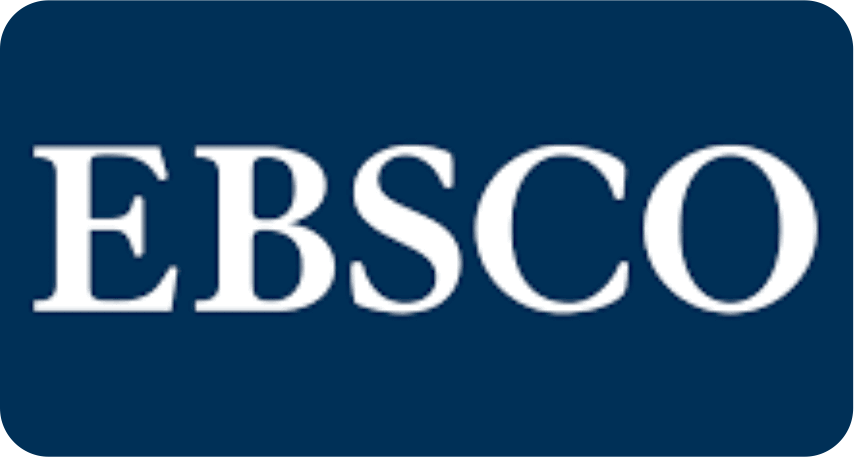






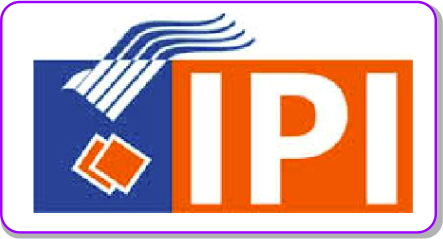 Â
 
